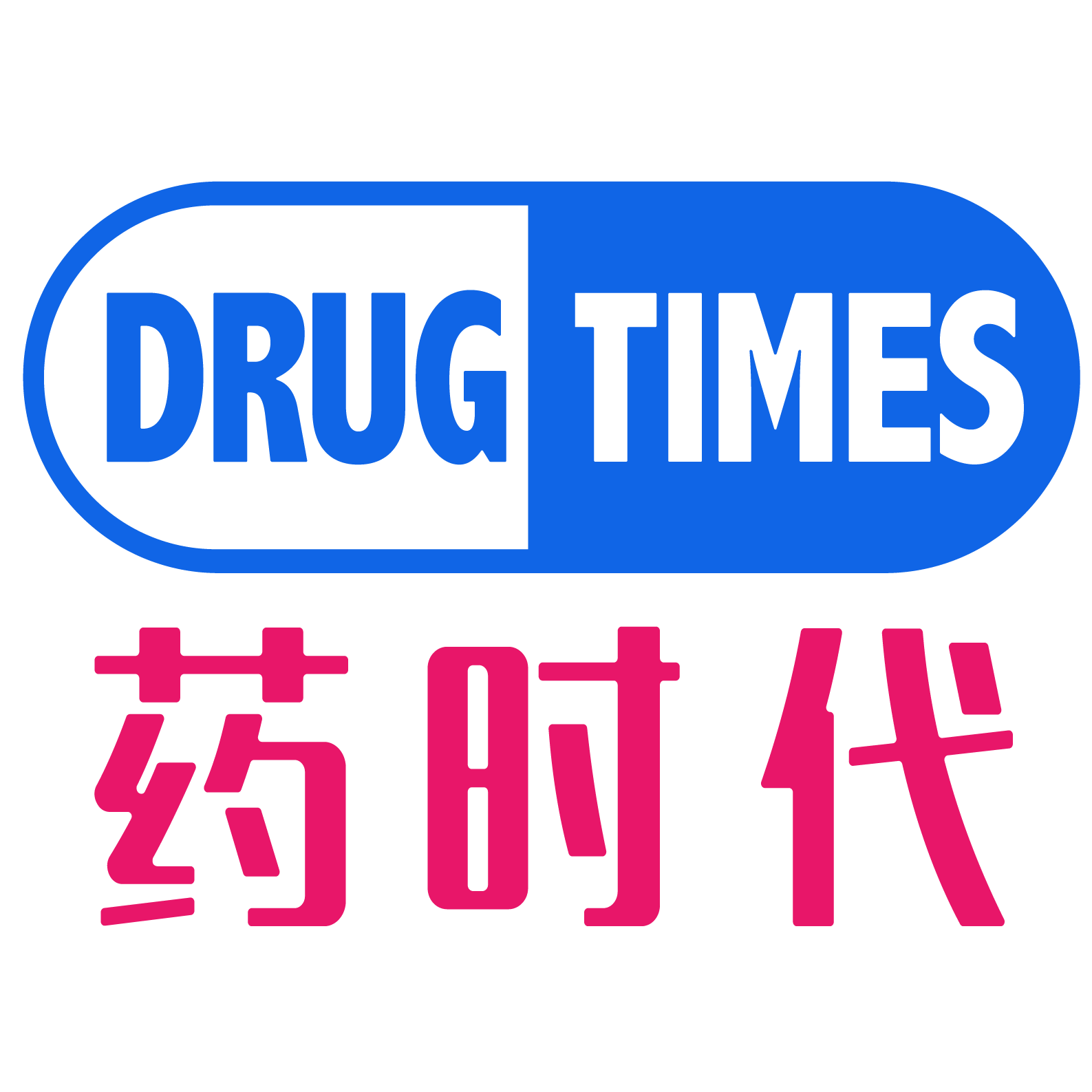
The potential acquisition of Legend Bio has stirred up a thousand waves. On July 12, 2024, multiple foreign media outlets reported that Legend Bio has confirmed receipt of a merger and acquisition proposal. The official website of Pharma Times also released a flash news report promptly.
Regarding the authenticity of the aforementioned information, Legend Bio’s response to the outside world is: “Everything is subject to the official announcement.”
The “ambiguous” stance has allowed the situation to escalate further. Observing the performance in the secondary market, as of the close on July 12, Legend Bio’s U.S. stocks rose by more than 12% and are currently halted. Its parent company, GenScript Biotech (with a 47.86% stake), has seen its Hong Kong stocks surge by over 20% today (July 15).
Although the identity of the acquirer is not yet known, a report from Street Insider indicates that Legend Bio has hired the investment bank Centerview Partners as an advisor.
The significance lies in the fact that if the news is true, the success rate of the merger and acquisition will be greatly increased.
It is reported that Centerview Partners ranked first in the 2024 Vault Banking 25, surpassing major investment banks such as Goldman Sachs, JPMorgan Chase, and Citigroup.
In December 2023, the first merger and acquisition deal between a Chinese Biotech and an MNC, namely AstraZeneca’s $1.2 billion acquisition of GenScript Biotech, was facilitated by Centerview Partners.
And its co-president, Eric Tokat, has handled nearly a hundred BD transactions, including Pfizer’s $11.6 billion acquisition of Biohaven and Merck’s $11 billion acquisition of Prometheus Biosciences.
So it seems that the key to the merger and acquisition is still the “offer price.”
As of the latest date, Legend Bio’s market value has reached $9.911 billion. According to industry speculation, with a premium of 30%-50%, the acquisition price for this transaction may be between $13 billion and $15 billion.
There are a few additional points that need special attention: the parent company GenScript, the acquirer, and the timeline of the transaction. The first two points relate to the final success rate of the merger and acquisition, while the last point concerns the final transaction amount.
01
I. Concerns of the Parent Company, GenScript
In terms of the secondary market, GenScript’s share price surged by more than 20% at the opening today, highlighting shareholders’ expectations for substantial dividends.
Assuming the final acquisition price is $14 billion, how much will GenScript actually receive after taxes and transaction costs?
Furthermore, selling Legend Bio is a one-time deal. Once the cash received is distributed as a special dividend, GenScript’s market value will inevitably reflect the valuation of its ongoing business, not just the balance sheet.
To align with the company’s long-term interests (i.e., the interests of major shareholders), GenScript’s subsequent actions following the sale of Legend Bio will need to balance the distribution of short-term cash flow with long-term capital allocation.
Major shareholders might prefer a combination of strategies including special dividends, share buybacks, and potential privatization to maximize their personal benefits.
This is not necessarily the most favorable for small and medium investors unless GenScript is willing to distribute a large portion of the proceeds as special dividends.
Thus, an investor on Xueqiu (a Chinese financial social media platform) lamented, “What if GenScript doesn’t distribute dividends after Legend is acquired? What if the dividends are not up to expectations? If you are optimistic, just buy Legend directly. Anticipate the problem and don’t make things complicated for yourself.”
II. Suitable Acquirer
Undoubtedly, the most suitable transaction partner is Johnson & Johnson.
As early as 2017, Legend was still an obscure “local private enterprise” without its own independent website, and Carvykti had not yet been approved for marketing.
It was an ASCO annual meeting that brought the two companies together. There are even rumors that a representative from Johnson & Johnson stopped a Legend employee on the spot, and both parties immediately went to the headquarters for discussions.
According to insiders, Johnson & Johnson mobilized global resources to quickly understand and evaluate Legend Bio, including inquiring with Chinese employees in Belgium about Legend Bio’s situation in China.
Legend Bio adds to its legend. In the eyes of many industry insiders, the cooperation between Legend and Johnson & Johnson demonstrates the practical significance of a perfect match.
More importantly, the BCMA CAR-T therapy Carvykti, developed in cooperation by the two parties, achieved sales of $500 million in the second year after its launch, i.e., in 2023. Coupled with the recent successful upgrade to second-line treatment in April 2024, it is expected to join the ranks of “blockbuster drugs” this year.
A deeply mature cooperation foundation + a corporate layout that fits the style (Johnson & Johnson continues to lay out in hematological tumors), the first choice is undoubtedly Johnson & Johnson. Of course, it is still a transaction, and the highest bidder will prevail.
Finally, as a U.S.-listed company, there are no obstacles for Legend Bio to be acquired by an MNC.
III. Transaction Timeline
In addition to the company’s valuation, the transaction timeline is also important to note.
There are four key time points. First, when Legend’s stock price is low, this acquisition is an optimal period for MNCs.
Second, in May of this year (2024), the United States further pointed the “sanctions spearhead” at GenScript, including three subsidiaries, under the “Biosecurity Act,” with Legend Bio also included.
Third, not long ago (on July 3), Johnson & Johnson/Legend Bio announced the positive results of the scheduled second interim analysis of the Phase 3 CARTITUDE-4 study.
Compared with the standard therapy, Carvykti showed statistically and clinically significant improvements in OS in the treatment of MM patients who relapsed or were refractory to first-line treatment with lenalidomide.
Finally, as Carvykti rapidly increases in volume, Legend Bio has gradually approached the break-even point. Coupled with Legend Bio’s abundant cash flow, as of the end of the first quarter of 2024, Legend Bio’s cash and cash equivalents, deposits, and short-term investments reached $1.3 billion.
If the sale is delayed until the end of the year when the volume performance comes out, what would the value be then?
2
According to incomplete statistics from DrugTimes, there were a total of 26 innovative pharmaceutical company mergers and acquisitions (M&A) globally in 2024. In summary, it can be described in eight words: “Enthusiasm is high, but bidding is cautious.”
Not to mention last year’s large-scale M&A such as Seagen’s $43 billion, there was only one transaction over $10 billion, which was the acquisition of the CDMO (Contract Development and Manufacturing Organization) Catalent.
Intensive but low-priced transactions are foreseeable in today’s capital environment. For Biotech companies, securing profits is the most important thing, cash is king!
If this Legend Bio acquisition can be confirmed, it would become the highest total amount of Biotech M&A transactions so far in 2024.
What would this bring to domestic pharmaceutical companies?
Is it a reassessment of the value of domestic innovative pharmaceutical companies by the domestic capital market? Or is it the gradual maturity of M&A as another exit path for domestic pharmaceutical companies? Or is it overseas capital picking up the fruits at a low price?
From GenScript Biotech, to Sanreno, to the current potential acquisition of Legend Bio. Generally speaking, M&A undoubtedly optimizes resource allocation, activates market vitality, and Biotech investors also achieve capital withdrawal. But what about the future of domestic innovative pharmaceutical companies?
One of the pioneers of modern investment theory, known as the father of growth stock investment strategy, Philip Fisher once said: “The stock market is full of people who know the price of everything but the value of nothing.”
The secondary market should not affect the judgment of the final decision-makers.
【Editor’s Note】This is quick translation of a Chinese article published on DrugTimes. To read the original article, please click here. All comments are highly welcome. Many thanks!
发布者:DrugTimes001,转载请首先联系contact@drugtimes.cn获得授权

 为好文打赏 支持药时代 共创新未来!
为好文打赏 支持药时代 共创新未来! 